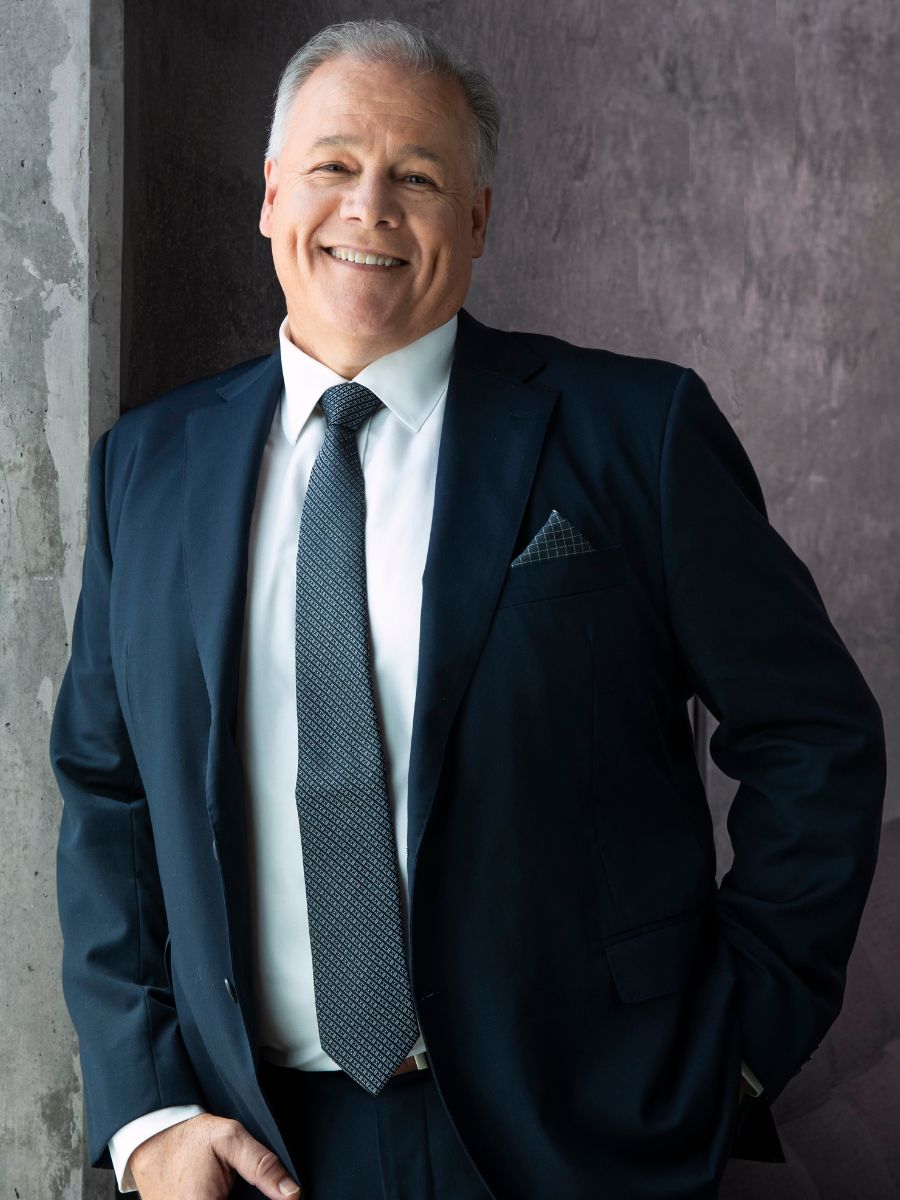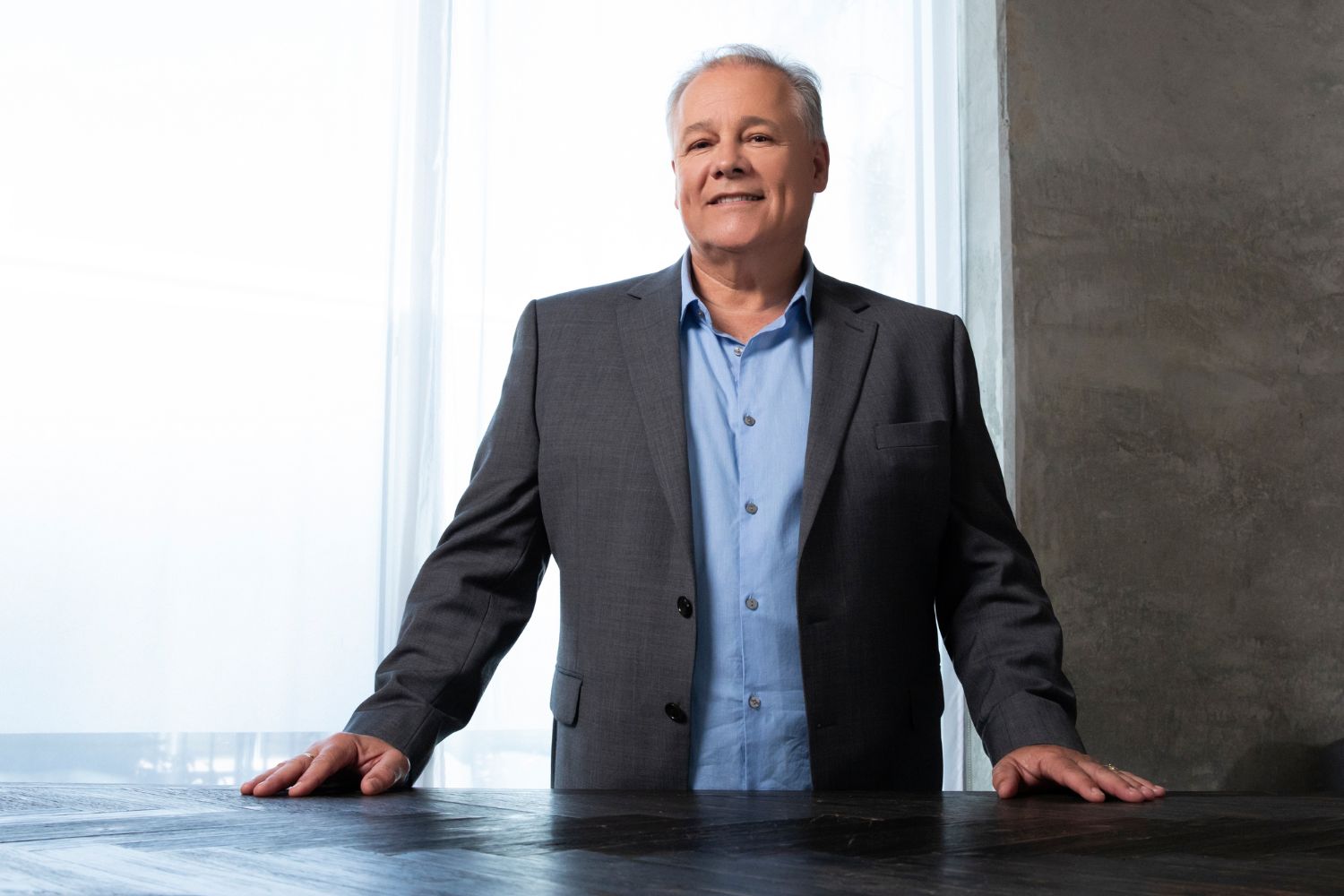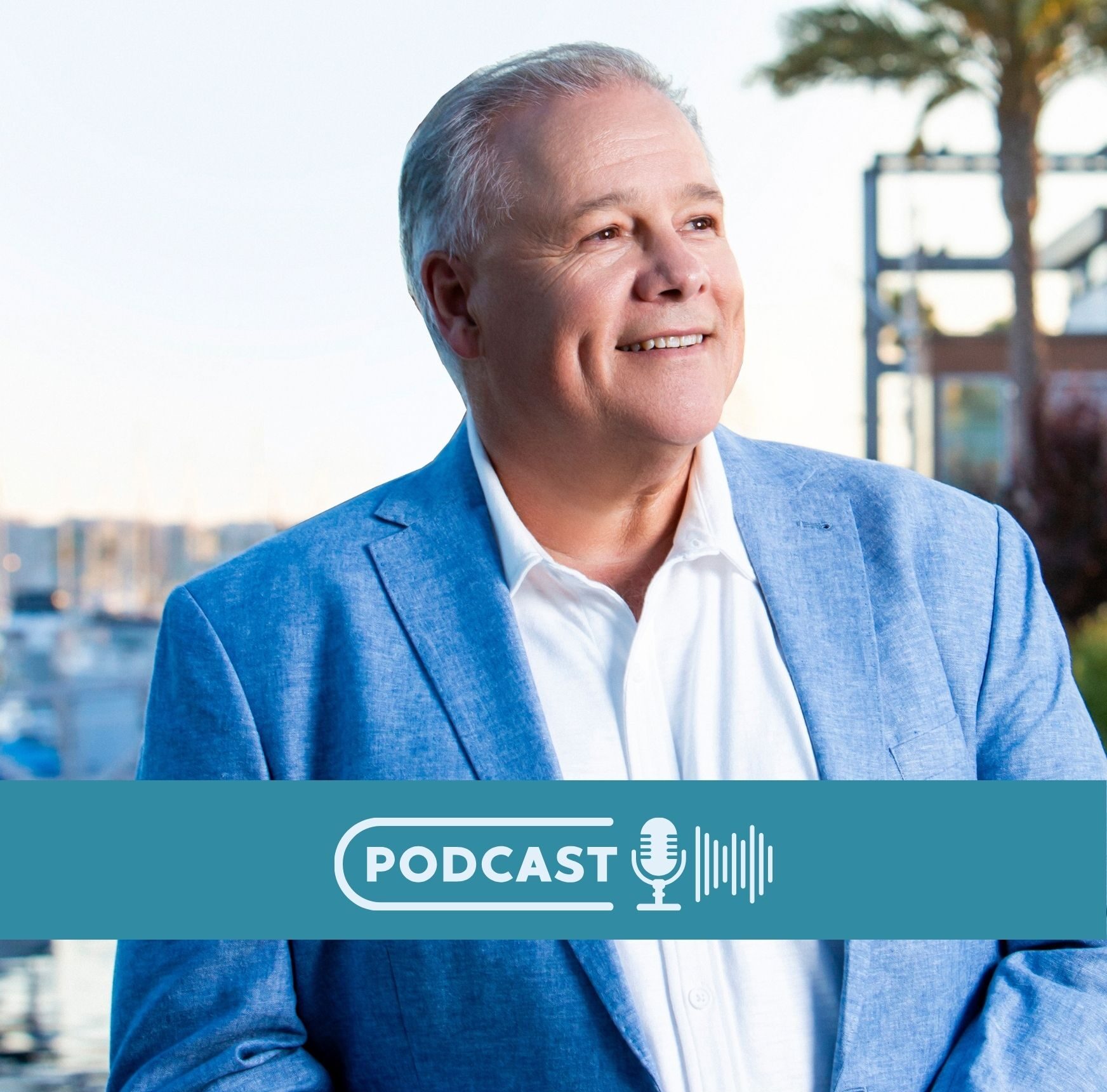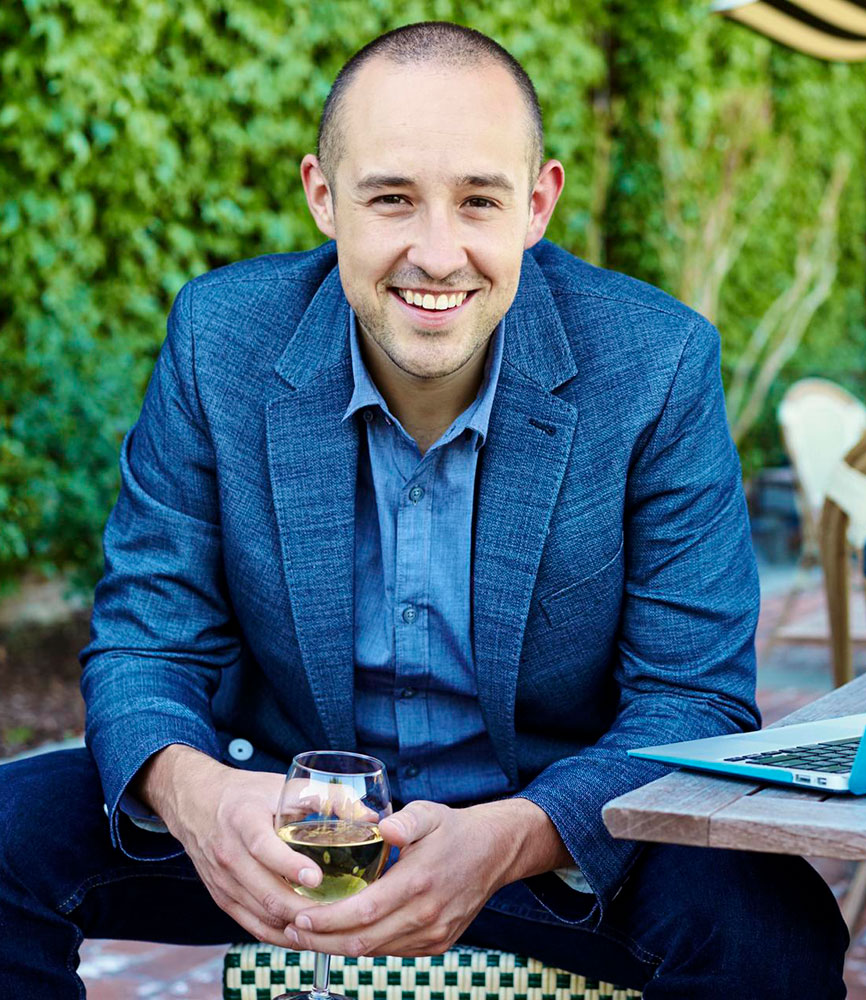With a veterinarian degree, his mate Geoff, and a crazy idea, my latest guest on The Wisdom Of… Show, Graham “Skroo” Turner, had no idea at the time he would go on to become the long-serving CEO of Flight Centre, Australia’s largest travel agency.
Over his 51 successful years working in the travel industry, Skroo’s relentless pursuit of innovation tempered with his keen understanding of sound business fundamentals with a large multinational company has helped him soar to iconic heights in business and beyond.
Throughout our conversation, his timeless wisdom shows us that no matter how large your business becomes, the keys to success are often deceptively simple: people, product, and process. Skroo’s genius in these potent areas contributed to his historic career that spanned 51 years, 12,000 employees, and multiple economic cycles.
Ready to help your business to soar to new heights? Watch the full interview with Graham “Skroo” Turner now.
People, Places, & Problems
As we began our conversation, I asked him what he felt the primary responsibility of a CEO is. His response struck me as simple yet potent, a quality synonymous with true wisdom, as he channelled over half a century of experience into the following advice.
“It’s not always about being in front of the biggest problem…” he said, in response to me having shared Major General Gus McLachlan’s answer to the question.
“…It’s more about having the right people in the right places.” he answered, reflecting on the power of delegation and, perhaps, speaking to the tendency of some founders to overextend themselves in the name of being a “good leader.”
One of the illuminating truths this shows us is how putting yourself in front of the biggest problems can potentially do you more harm than good—as it is foolhardy to be on the front lines against a threat, you are not the most well-equipped to fight.
As a CEO, you are the conductor of your organization, who will support and bring out the talent and capabilities of your team without playing their part for them.
Instead, you will equip them to succeed and surround them with others who can help them solve the problems they are best suited to solve. As Skroo inferred, doing otherwise is not only a poor use of your time but is antithetical to what a leader of a large organization should focus on.
Function Versus Connection
This conversation about the role of a leader soon expanded into a talk about teams and, more specifically, the organizational structures of high-performing teams.
“There are bureaucratically-designed structures (divisions/brands/teams), which are functional. Then, there are familial structures (family/villages/tribes), which are more connective”, Skroo said.
As this hierarchy gets more granular, elements such as the feel, the focus, and the function of the entity change between brands while their prevailing structures remain the same.
This allows the familial structures to breed novelty, connection, and collaboration. At the same time, the undercurrents of bureaucratic organization give the form a feasible structure to ensure scalability over time should new employees or offers get thrown into the mix.
This structural juxtaposition between form and function and the synergy between the two allows your organization to be agile where it makes a difference yet rigid where it matters most. Blending form and function can help you scale more sustainably by ensuring your organizational structures are replicable.
Hallmarks Of Natural Leaders
Pivoting back to the theme of leadership, I was excited to explore what Skroo felt were the hallmarks of a natural leader, given his half-century track record of leading great teams and businesses.
“When you ascend the ranks over time,” he began. “It becomes quite easy to see who is meant to be a leader and who is not.” he assessed.
He then broke down the non-specific traits he finds in many natural-born leaders:
-
Temperament: Their natural nature and emotional disposition to lead
-
Capability: Their ability to functionally lead a team and drive results
-
Longevity: Their capacity to lead teams over time and navigate complexity
He mentioned how many have the desire or temperament to become leaders but not the capacity. Or, they have the skill set of a leader but not the temperament for it, especially under pressure.
This concept of temperament versus capacity is important because you want to ensure you’re putting the right people in the right places, not only in terms of their ability to do the role but also their capacity to do it right.
Soaring Through Time
As we continued our conversation, we took a step back and traced the history of innovation that Skroo and Flight Centre so clearly embodied.
“It is vital to know where the game is going,” said Skroo, in response to what modern leaders should be aware of most when seeking to stay relevant over time.
In 1982: He was one of the first discount air specialists using pen and paper.
10-15 years later: Some tasks switched to the computer with an agent in charge.
Today: Customers book their flights on their phones and computers
“At the moment and into the future, if an airline flight is cancelled, the average customer will soon be able to reschedule the flight from their phone without assistance from an agent,” Skroo said
While some facets of his business and others may benefit from the human touch, consumers are becoming more conscious of the complex interactions that 5-10 years ago used to be handled by a trained customer support agent only.
This adoption of self-service is largely supported by the rapid increases in technological innovation, which many businesses can leverage when evaluating how to best support their customers, especially younger generations, such as Millennials and GenZ.
Planning To Perform
As we wrapped up our conversation, Skroo’s advice for young entrepreneurs was profoundly relevant, especially his remarks on planning versus execution.
When building your business, he advises, “Try to enjoy what you’re doing and plan for reasonable success.”
In many cases, mentors and conventional wisdom tell us to “plan for the worst but hope for the best,” yet this focus on contingencies and potential loss can create resistance, especially for new founders of startup companies.
Instead, by “planning for reasonable success,” we can create realistic expectations that allow us to anticipate growth without idealizing that our company will be the next unicorn and take off like a rocket. This more sensible approach allows us to slow down and find the middle ground so our plans anticipate a healthy degree of success without becoming inflated by ego or desire.
At the same time, Skroo advises that while planning is essential, “a majority of new businesses fail due to a lack of execution, not a lack of planning.” It’s vital to put those right people in place early to help you execute at higher levels and find sustainable scalability as quickly as possible.
This balance between planning and performance is a delicate dance that, when approached with wisdom and insight, can help you more easily achieve success.
This conversation is necessary for leaders who want to balance timeless wisdom with timely advice to take their business to new heights.
Skroo offers timeless wisdom that can provide ample runway for your business to take off, which becomes more apparent when you watch the full episode.
Then, tune in to the profound journey of Graham “Skroo” Turner, whose original genius has allowed him to enjoy over five decades of soaring success.
Welcome aboard and enjoy the transformation and conversation…
Watch the full interview with Graham “Skroo” Turner on The Wisdom Of… Show
And don’t miss Simon Bowen’s transformative masterclass on unlocking your hidden genius. Your future self will thank you.










